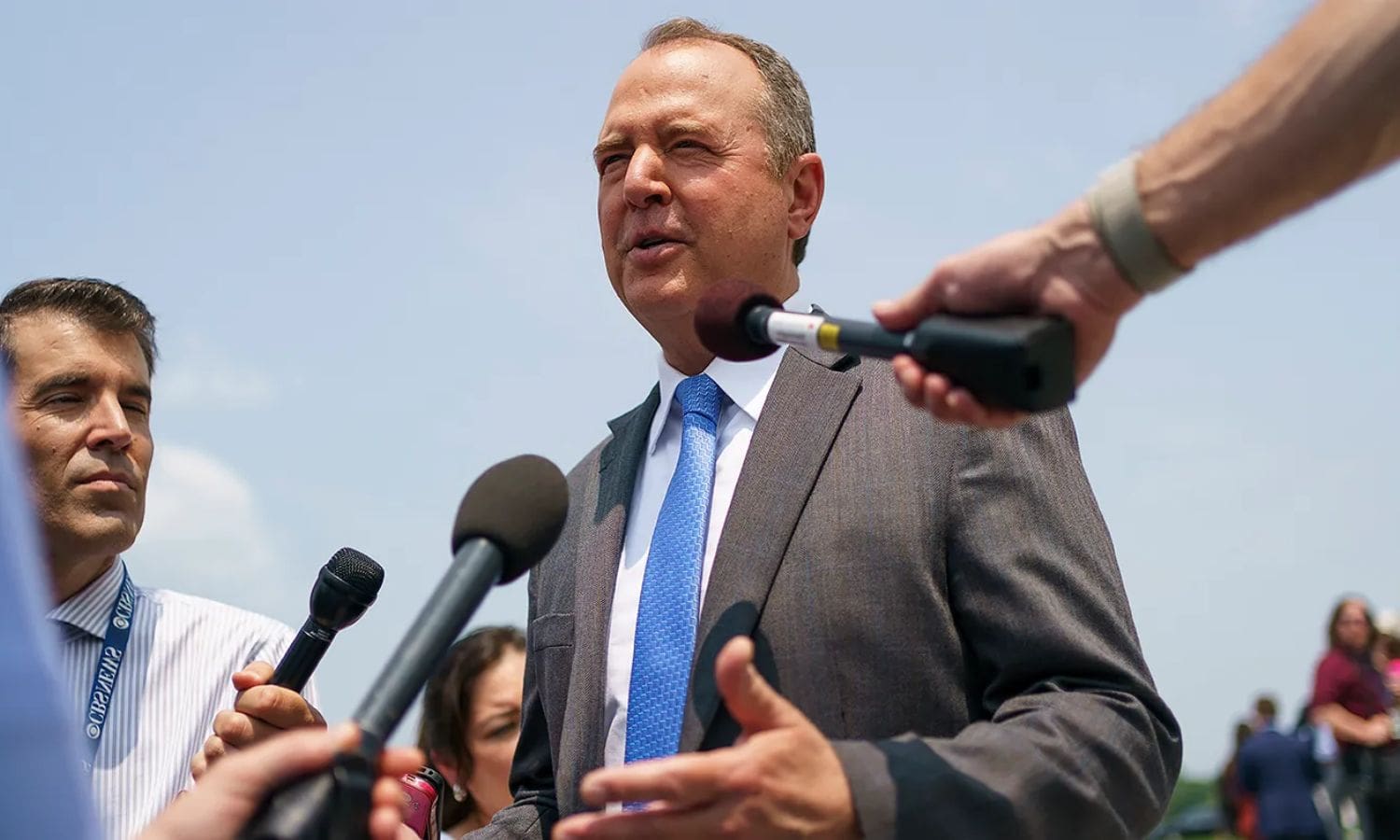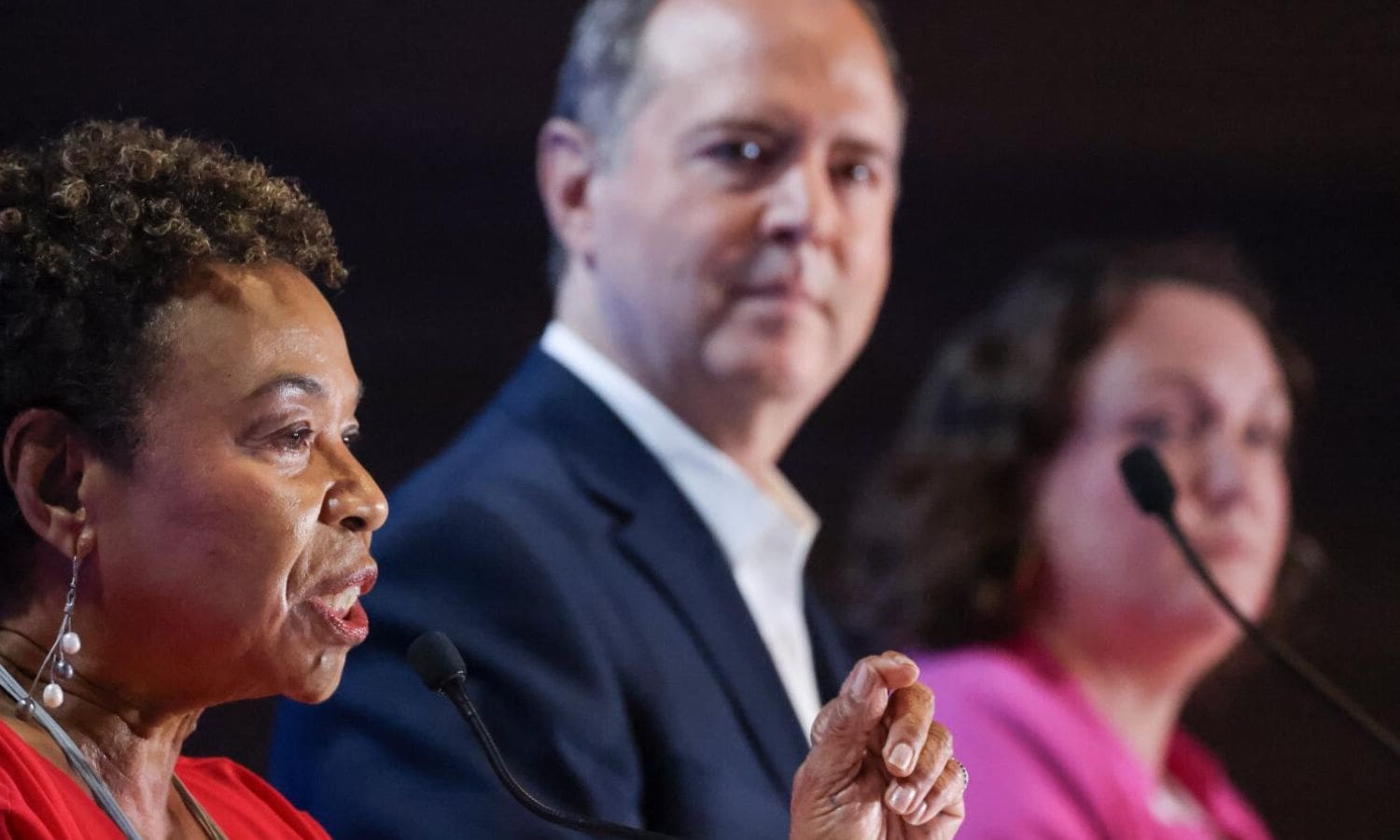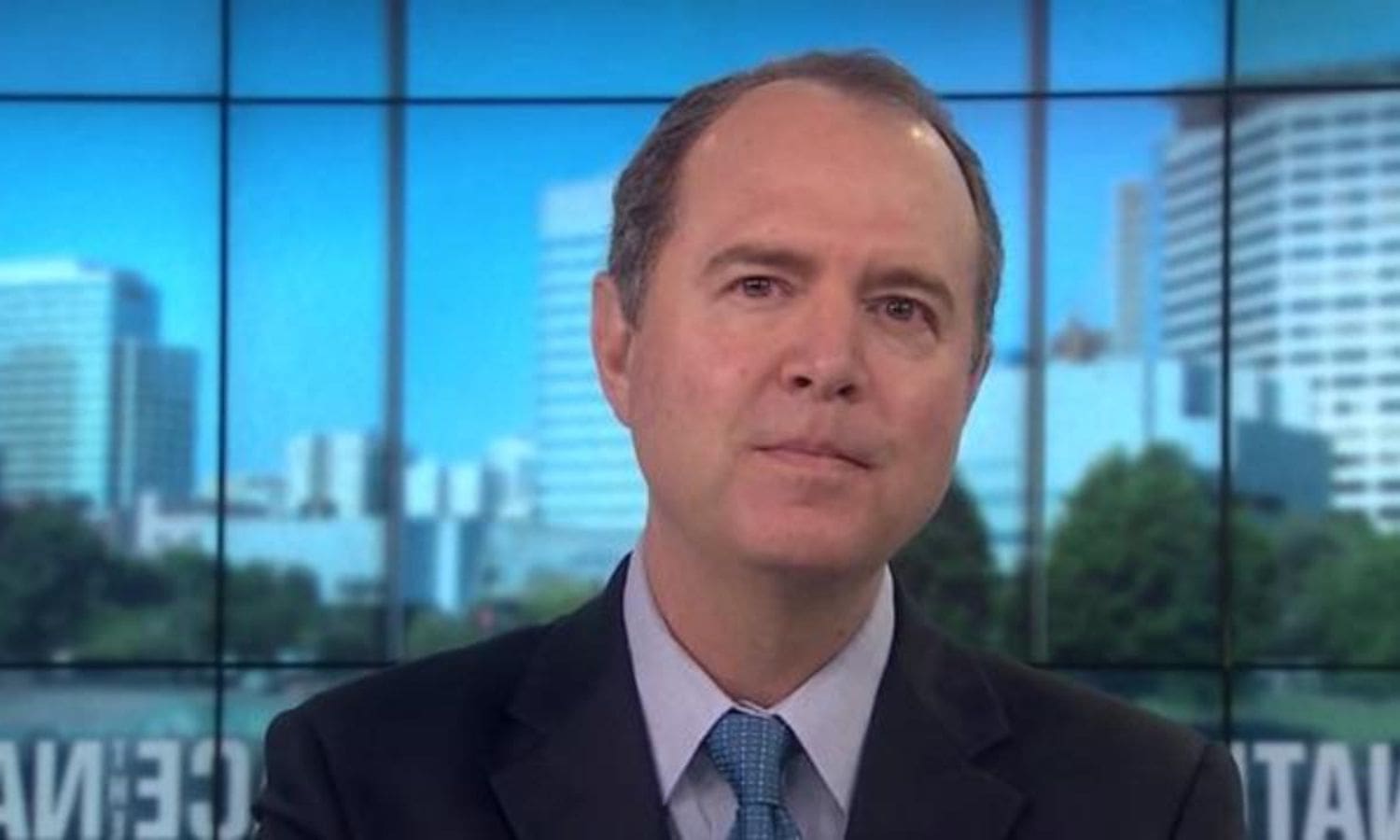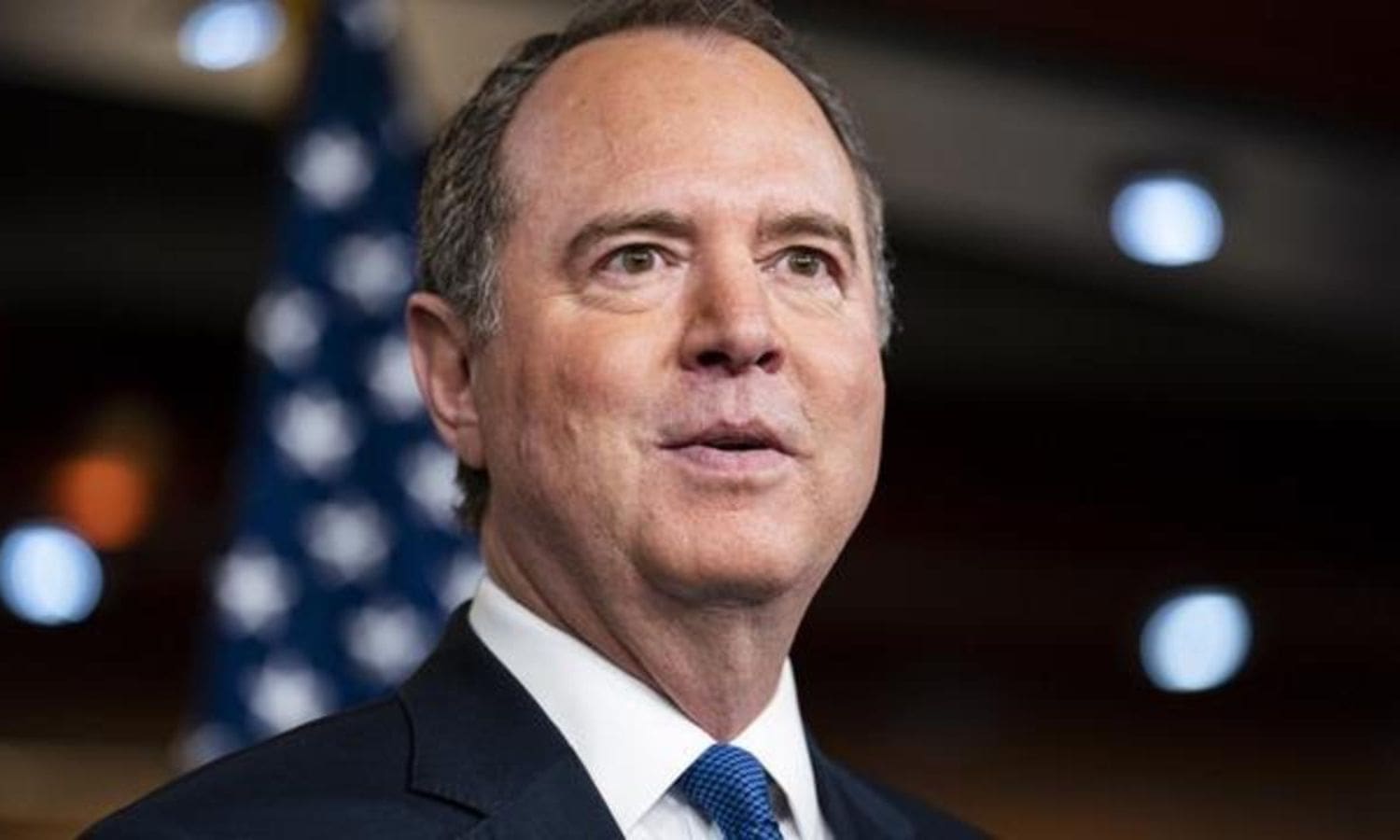Rep Schiff Calls for Firing of Pro Hamas: In a recent development that has sparked heated debates, Rep. Adam Schiff has called for the firing of pro-Hamas California professors. These professors have come under scrutiny for their controversial statements advocating for Hamas, a designated terrorist organization.
The accusations against them have rekindled discussions about the boundaries of free speech and academic freedom within the academic community. While some argue that these professors should be held accountable for their support of a terrorist group, others question whether their views, however objectionable, should be protected under the principles of free speech.
As university presidents grapple with the delicate balance between upholding academic freedom and addressing potentially harmful ideologies, the implications of this situation extend beyond the immediate controversy, raising broader questions about the role of universities in shaping public discourse.
Key Takeaways Of Rep Schiff Calls for Firing of Pro Hamas
- Professors Osman Umarji and Sean Malloy made controversial statements expressing support for Hamas’s resistance against Israeli occupation and comparing their actions to World War II resistance fighters.
- Calls for the firing of both professors have been made due to the perceived inappropriateness of supporting a designated terrorist organization.
- Rep. Adam Schiff called for action regarding the professors’ employment status and criticized university presidents for their response to the controversy.
- The controversy highlights the ongoing debate over academic freedom and the challenges universities face in balancing free speech with concerns about discrimination and national security.


Controversial Statements by Professors: Background
In relation to the October 7 attacks, Professors Osman Umarji and Sean Malloy made controversial statements that have sparked widespread debate and scrutiny.
Professor Umarji, a professor of Islamic studies at California State University, Long Beach, was reported to have made remarks sympathetic to the actions of Hamas, a Palestinian political and military organization. He allegedly expressed support for Hamas’s resistance against Israeli occupation, which some critics argue implies endorsement of violence.
Professor Malloy, a professor of history at the University of California, Merced, also made statements that were seen as sympathetic to Hamas. He reportedly compared the actions of Hamas to the actions of resistance fighters during World War II.
These statements have generated significant controversy, with many questioning the appropriateness of expressing support for a group classified as a terrorist organization. The controversy has led to calls for the firing of both professors.
Rep. Adam Schiff’s Call for Action
Amidst the controversy surrounding the controversial statements made by Professors Umarji and Malloy, Representative Adam Schiff has called for action regarding their employment status and criticized university presidents for their response.
Schiff expressed his concern that the professors’ support for Hamas, a designated terrorist organization, undermines the principles of academic freedom and promotes a dangerous ideology. He argued that universities have a responsibility to ensure a safe and inclusive environment for all students, and that professors who espouse extremist views should not be allowed to continue teaching.
Schiff called for the immediate termination of Umarji and Malloy’s employment, emphasizing the need for universities to take a firm stance against individuals who endorse violence and hatred. He urged university presidents to uphold their commitment to academic integrity and prioritize the well-being of their students.


Views and Criticisms on Free Speech
The debate surrounding free speech on college campuses has generated diverse perspectives and criticisms regarding the handling of controversial expressions. While some argue that universities should prioritize protecting free speech, others contend that certain forms of speech can perpetuate harm and discrimination. Critics of the latter viewpoint argue that it risks stifling intellectual growth and open discussion.
On the other hand, proponents of stricter regulations on campus speech argue that it is necessary to protect marginalized groups and create a safe learning environment. The table below summarizes some common views and criticisms on the issue:
| View | Criticism |
|---|---|
| Protecting Free Speech | May allow for the spread of hate speech and harmful ideologies |
| Regulating Campus Speech | Can potentially infringe on the First Amendment rights of individuals |
| Promoting Open Discussion | May perpetuate harmful stereotypes and marginalize certain groups |
| Prioritizing Student Safety | Can limit the exchange of diverse ideas and hinder intellectual growth |
Finding a balance between protecting free speech and addressing discrimination remains a complex challenge for universities. As discussions continue, it is crucial to engage in thoughtful dialogue to ensure that campuses remain spaces for intellectual growth and inclusivity.
University Presidents’ Response
University presidents have responded to the controversial statements and criticism regarding their perceived hesitancy to speak out. Their response includes the following key points:
- University presidents acknowledge the importance of upholding free speech and academic freedom while ensuring a safe and inclusive campus environment.
- They emphasize the need for a thorough investigation into the allegations against the pro-Hamas professors, ensuring due process and fairness.
- University presidents express their commitment to fostering a diverse range of opinions and perspectives on campus, while also condemning any form of hate speech or support for violence.
- They highlight their ongoing efforts to promote dialogue, understanding, and peaceful resolution of conflicts among students, faculty, and staff.
University presidents aim to strike a balance between protecting free speech and maintaining a respectful and inclusive environment on campus. They are committed to addressing the concerns raised while upholding their institutions’ core values.
Implications and Debate Over Academic Freedom
As the controversy surrounding the firing of pro-Hamas professors unfolds, a deeper examination of the implications and debate over academic freedom emerges. The case raises questions about the boundaries of free speech within the academic community and the responsibilities of universities in managing diverse viewpoints.
Supporters of academic freedom argue that universities should be spaces where all ideas, even controversial ones, can be discussed and debated freely. They contend that firing professors based on their political beliefs sets a dangerous precedent and threatens the integrity of higher education institutions.
On the other hand, opponents argue that promoting or supporting terrorist organizations goes beyond the realm of academic freedom and poses a threat to national security. Balancing the principles of free speech and national security is a complex task for universities, and this controversy highlights the challenges they face in navigating these competing interests.


Conclusion Of Rep Schiff Calls for Firing of Pro Hamas
The controversy surrounding the calls for the firing of pro-Hamas professors by Rep. Adam Schiff has sparked a debate over the limits of free speech and academic freedom.
The response from university presidents has been varied, with some expressing concern over the potential infringement on academic freedom, while others consider the need to address controversial statements made by professors.
This issue raises important questions about the balance between free speech and the responsibilities of educators within academic institutions.

